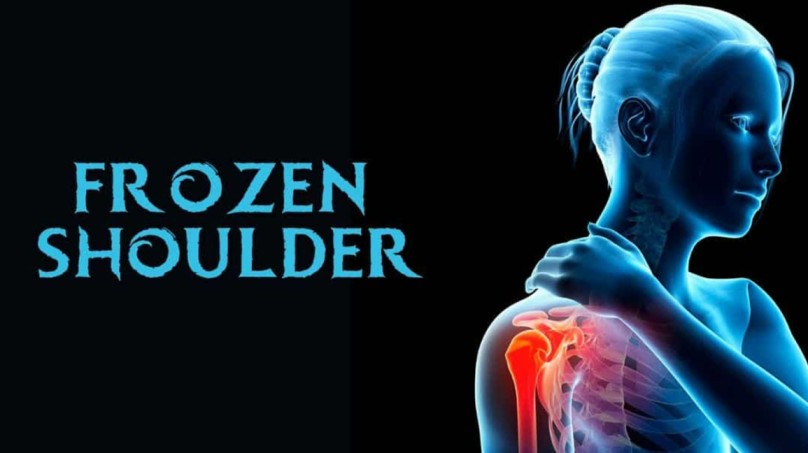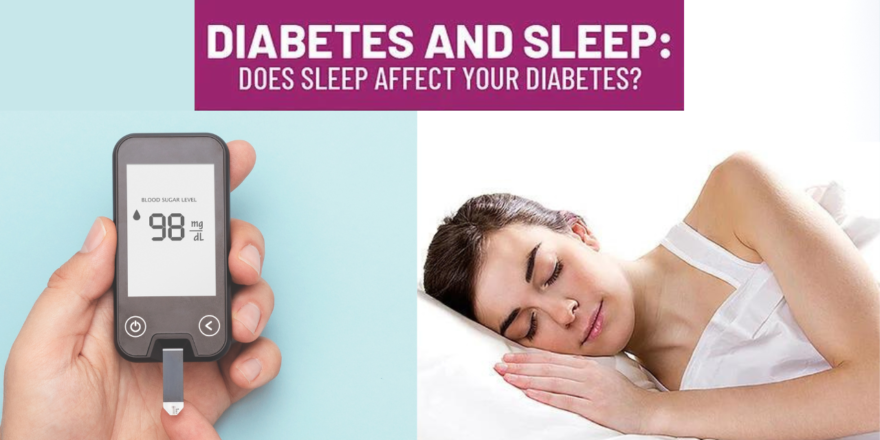
Frozen shoulder or adhesive capsulitis is a condition characterized by stiffness and pain in your shoulder joint. The common signs and symptoms are that it begins gradually, worsen over time and then resolve, usually within one to three years.
Stages of Frozen Shoulder
Stage 1 – Freezing: Gradual onset of pain that lasts from six weeks to nine months. As the pain increases, there is a loss of shoulder range of motion or movement.
Stage 2 – Frozen: Marked by a slow decrease in pain, but stiffness remains the same. This stage generally lasts for about four to nine months.
Stage 3 – Thawing: Shoulder range of motion or movement slowly returns to normal over a five to 24 months period.
Diabetes And Frozen Shoulder
Diabetes and frozen shoulder are two diseases that share the same related mechanisms.
- Impaired microcirculation; and
- Non‐enzymatic glycosylation processes.
In fact, hyperglycemia (high sugar level) is linked to subsequent formation of non‐enzymatic glycosylation products, and further gives rise to advanced glycosylation end‐products (AGEs).
These AGEs increase the cross‐linking in collagen, tendons and ligaments, making these structures stiffer and weaker over a period of time. Additionally, AGEs interact with their receptors on the surface of tenocytes and fibroblasts, thereby inducing inflammatory changes.
Also, the unfavorable microvascular environment as a result of hyperglycemia (high sugar levels) occurs around the shoulder joint as well.
Thus, the impaired circulation around the shoulder joint leads to tissue hypoxia, overproduction of free radicals, eventually leading to potential apoptosis of the tissues around the shoulder joint. This collective damage can lead to joint tissue destruction and enhancement of degenerative changes.
Thus, poor blood sugar control and diabetes are related to microvascular and macrovascular complications of diabetes leading to frozen shoulder.
Talk To Expert
One needs to consult a Specialist in Diabetic Rehabilitation in order to overcome their issues related to frozen shoulder discomfort induced due to diabetes.
The specialist rehabilitation expert will assess the individual for frozen shoulder and diabetes related issues and formulate a customised management program in the form of a Diabetic Rehabilitation Program. It will include advanced electrotherapy, manual therapy and exercise therapy. The Diabetic Rehabilitation Program will be aimed at ‘Normalizing the Blood Glucose Levels’ and reducing the discomfort related to the frozen shoulder. Thus in an individual with diabetes induced frozen shoulder it is very important to normalize the blood sugar levels along with pain and range of motion restoration in a Diabetic Rehabilitation Program.




